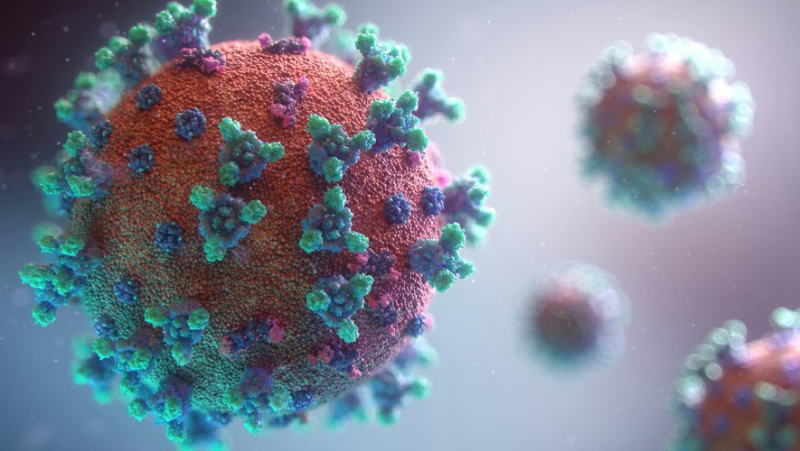The “novid”: we finally know why 5 to 10% of the population would never have caught Covid-19

Les « novid », ces personnes jamais infectées Unsplash – Fusion Médical Animation – Illustration
A new study published in the journal Nature explains that a certain genetic heritage protects people from developing Covid-19.
According to English data from last year, 5 to 10% of the population would never have been infected by Covid-19. This would be the "novid". These data result from a study by the British public health agency. She had measured the proportion of people who did not have post-infection antibodies in their blood.
Interviewed by Le Parisien, Camille, a 37-year-old Parisian declares having carried out 8 tests, after having been in contact, all were negative. "I am protected thanks to nature, I don't see any problem ;another possible explanation", the young woman laughs.
Without knowing it, Camille was not wrong. It is indeed a question of his genetic heritage. Researchers have had this hypothesis for a long time, but it is difficult to confirm it without being able to analyze the first phases of exposure to the virus.
Important ethical questions
As a result, the scientists of a study published in the journal Nature, had to contaminate volunteers. So there were 36 healthy adults, unvaccinated and never yet contaminated by covid-19 who participated in the study. This method raises important ethical questions, which explains the small number of test patients.
"Since the risk of complications following SARS-CoV-2 inoculation is never zero, nor perfectly avoidable with current means, this type of study raises ethical questions that make its conduct in France very difficult, if not impossible", points out Mircea T. Sofonea, lecturer in epidemiology and infectious diseases at the University of Montpellier.
"Everyone presents this gene"
Among this sample infected with SARS-CoV-2, 6 patients did not develop the virus. After screening 600,000 blood cells, scientists discovered an immune response localized in the nasal mucosa as well as a protective gene called HLA-DQA2 present before exposure to the virus.
"Everyone has this gene, but its expression is more or less significant. “This is true depending on the person, but perhaps also depending on the periods of life,” points out the epidemiologist interviewed by our colleagues. These discoveries can allow the search for new treatments or the development of more effective vaccines.




